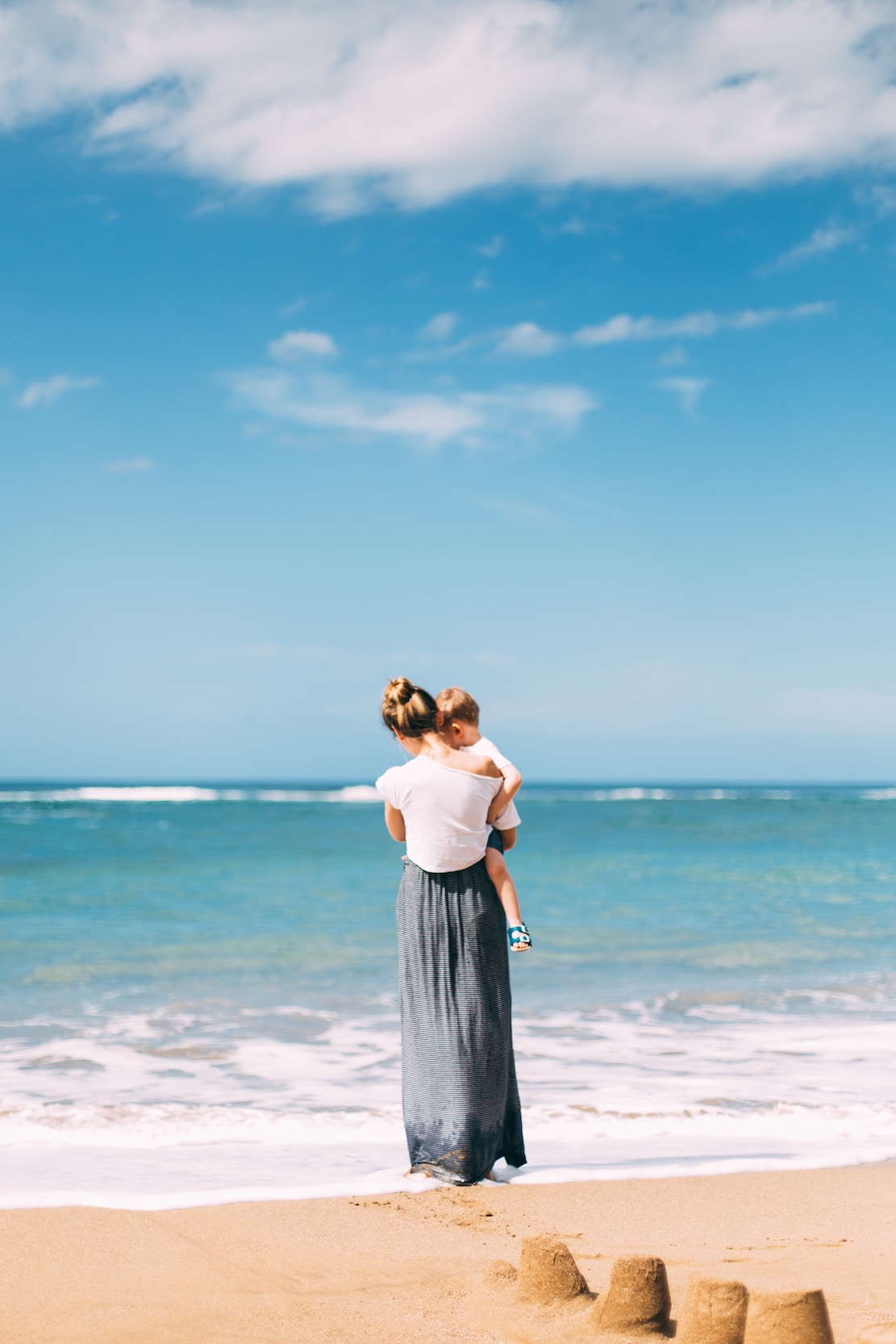I think we go into parenthood with the intention of showing love to our children and staying calm when our children are upset or misbehaving.
We plan to parent in such a way that our children will only need to be told to do something once before they listen and immediately follow directions.
I don’t know any parent that has gone into parenthood thinking that they want to be an angry parent, one that loses their cool or can’t get their kid to listen.
And yet, it happens so often. Somewhere along the way, even with the best of intentions, we veer off course.
We lose our cool and get stuck in a merry-go-round of yelling and arguing with our kids.
Why do parents yell at their kids?
When parents engage in arguing with their kids or yelling at them, the usual reason is because parents feel they’ve lost control. As the parent we are supposed to be in control of our own feelings, in control of our kids and in control in various situations.
But maybe your child isn’t doing what they have been told to do. Maybe you’re trying to get out of the house on time to get to school and you’re running late, maybe your child isn’t going to bed or falling asleep. Whatever the case may be, when you feel like you’ve lost control, something you can control is your voice.
So you yell. In the moment it feels like a good way to show your anger or frustration and assert some control.
So what’s the problem?
Although it may feel good in the moment to yell, the problem is that this is a temporary solution.
It gives you a temporary euphoria… you’ve made your feelings known! You feel like you have a sense of control again!
What is so interesting about yelling though is that although it offers temporary control, it is fickle. As soon as your child knows they can engage you in an argument or they know your trigger points to get you mad and yelling, you’ve lost a bigger sense of control.
You’re modeling for your children how to respond to their anger and feelings of powerlessness and when you yell, they learn to yell.
How to stop the yelling:
Have a plan.
I can’t emphasize this enough! Have a basic idea and plan for when your child is misbehaving that includes simple (and do-able) consequences for specific behaviors.
If you have set up the expectation that a certain behavior will result in loss of screen time for example, you are less likely to lose your cool and yell in the moment “you’re grounded and no tv for a month.”
There is no room for negotiation or arguing with this as well since there has already been a set understanding ahead of time as to what the consequences may be.
Take a break and take a breath.
Aren’t we always saying to our kids, take a deep breath or take a break? It’s time to follow our own advice!
If you can feel you are reaching your parenting anger or frustration limit, it is ok to take a couple minutes to yourself to take a breath before deciding how to respond.
Even if this means you need to go in a separate room for a couple of minutes!
Have a mantra and use positive self talk.
During that deep breathing that you’re doing before you respond, also think to yourself (or even say out loud if you can) “I am a good parent” or whatever encouragement you need in that moment.
Since we know that you’re wanting to yell or argue to assert control, instead list or think of things that you can control in that moment. They may be small things, but knowing you have control in other areas will help you feel less inclined to yell to gain control.
For example say to yourself: “I may not control what my child is doing right now, but I do have control over my body right now and I can do 5 jumping jacks.”
Do something physical with your body.
Believe me, I know you just read the above sentence and laughed a little out loud because it sounded ridiculous. I get that it sounds a bit strange, but regaining control in other areas will help you stay calm and so will your voice.
If you have the space or ability to do something in that moment to release your anger with your body such as jog in place, do jumping jacks, dance, tense and release your muscles in your hands and feet, even cleaning can be very therapeutic to release the energy you may have otherwise released while yelling. This being said, it is NEVER ok to release your feelings physically toward your kids in anger by hitting, pushing or spanking.
Connect with your kid.
This is the hardest suggestion. In the moments you are about to yell or you are yelling at your child, the last thing you probably want to do is give them a hug or cuddle with them.
If you’re able to look past your kids misbehavior or yelling and recognize the reasons for their outburst or behavior, it’s possible that this is what your child needs in that moment.
Remind yourself that your child is feeling a loss of control and powerless as well and that is why he/she may be yelling.
Positively connect to them on that shared feeling and empathize. If you can empathize and understand their feelings, you’ll have less desire to assert your control by yelling.
Despite all these tips and tricks there will still be times when you’re not able to keep your cool.
You will yell at your kids and maybe say things you don’t mean. It is unfortunately an uncomfortable part of the parenting journey and you are not alone!
Be compassionate and teach your kids how to repair.
Be kind and understanding with yourself and just know that this ultimately can be something you learn from as a parent.
You can repair and build stronger relationships after yelling, simply by apologizing to your kids. This does not condone whatever misbehavior occurred. It simply shows your kids that you can recognize yelling was not the best way to handle the situation.
Kids learn to handle their feelings just like their parents, so if you yell they learn to yell, if you find positive coping strategies, they may find those work for them also, if you can apologize after you yell, they learn to apologize and repair as well.
**Written by Chelsea Derossi, M.A., MFT, ATR, therapist on staff at One Heart Counseling Center**




